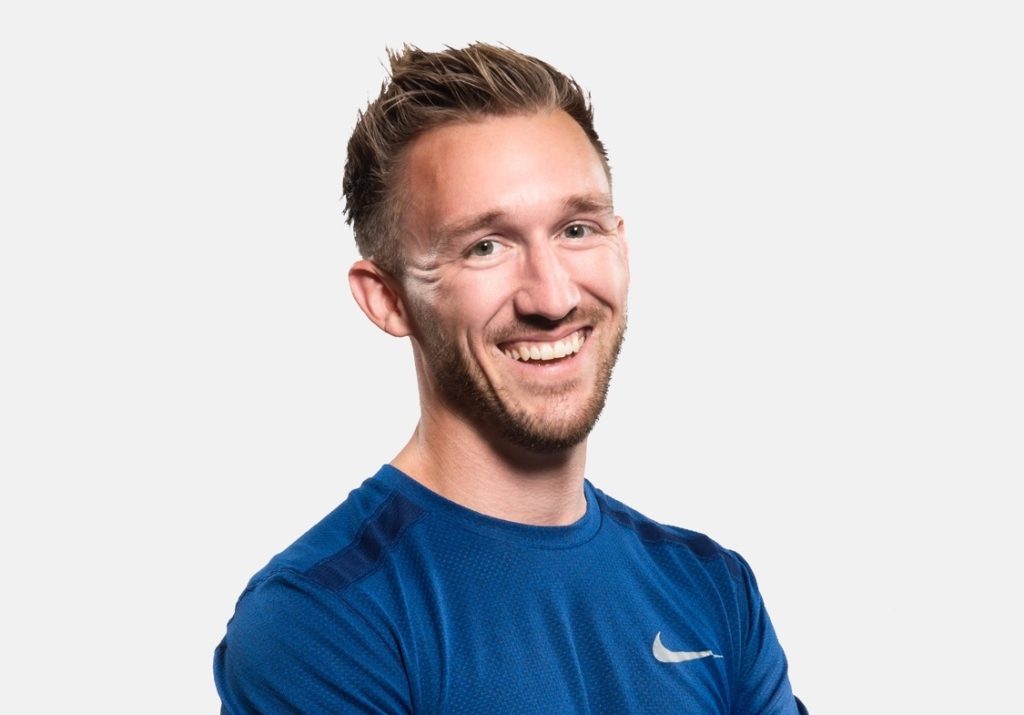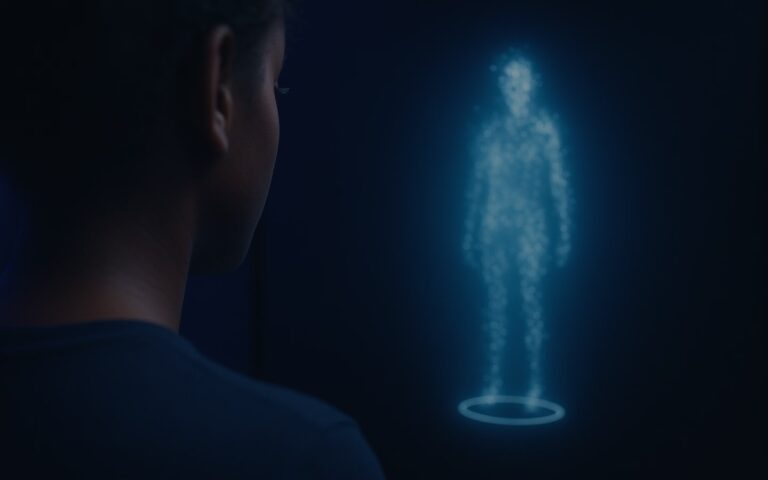Whether you’re an employer or job seeker, the hiring process is hard. Shining a spotlight on this problem, we spoke to Future’s VP of Performance Josh Bonhotal about his best advice for candidates hoping to stand out, level up, and land their dream health and fitness job.
Looking for a new gig? Head to Fitt Jobs for openings at leading health, wellness, and fitness companies.
Roles at high-growth health and fitness companies are highly competitive. What can candidates do to stand out?
JB: Show recruiters or hiring managers that you are bringing differentiated skills from other verticals — outside of health, fitness, or wellness.
For example, our cofounder/CEO comes from a hospitality background, he founded an AI-curated local activity concierge that was acquired by Postmates. And our co-founder/CTO was the lead Apple engineer who created iMessage.
These differentiated skills are additive and can translate to more innovative thinking, which is a valuable asset to a high-growth startup in a competitive space like health and fitness.
What does your company’s hiring process entail?
JB: What sets our team apart is the diversity of our collective knowledge and experience that expands far beyond simply writing workouts. Rather than assembling a team where everyone has the same exact background and skill set, we’ve come at it in a more nonconventional way.
Before every single coaching hire we’ve ever made, we must be able to definitely answer two questions: What is the one thing this coach brings that is different or better than anyone on our team at present? And, not just does this person fit our culture; instead how do they make our culture better so we can continue to evolve and grow as a team?
The advantage someone like a LeBron or a Serena has with their coach is so much more than the programming expertise their coach provides — it is the humility, the selflessness to always put them first, the openness to treat the relationship as a partnership and empower them in the process, and the relentless consistency to do whatever it takes to build a path that uniquely works for them to be successful.
These values are what we believe also set us apart at Future in our ability to be the solution for someone to become and remain active consistently when nothing else has worked.
Which credentials matter when assessing applicants?
JB: At Future, we look for world-class fitness professionals from all backgrounds and disciplines, so there’s someone for every type of client. More than 80% of our coaches have trained pro, collegiate or Olympic athletes, and 97% of Future coaches have a bachelor’s degree, with the majority having a master’s degree — and several even have a PhD in exercise science as well as additional fitness certifications.
Succeeding at a startup or fast-growing company is challenging. How do you screen candidates for intangible skills?
JB: Our clients choose Future to receive on-call, “high-touch” expertise and consistent accountability from a world-class coach. Future’s coaches are full-time employees, so they are not giving clients just part of their attention.
The 1:1 relationship requires focus, care and empathy for each client — we screen coaches for these types of values/skills by asking for specific examples of what they have done to find out how they handle different types of situations and their general approach to managing client relationships.
To recruit top talent, it’s important to dig deeper and really get to know a person. Asking fluff questions will only yield cookie-cutter responses. I also try to avoid hypotheticals whenever possible. Instead, I ask candidates what they learned from proud or low moments. Would they have done anything differently? If so, what?
You’ll find out quickly how self-aware the person is by asking how they accept responsibility. Are they not just growth-minded but open-minded? These are the skills that will help new hires succeed at a high-growth startup like Future.
Any additional advice about the hiring process you’d like to impart?
JB: Some of the best candidates you hire—those who eventually have a 10x impact on your team—will not be looking for a job. Rather than simply leaving it to chance that all the A players will find you, you have to go out and find them.
Even if they have applied for the job, you still need to impress them just as much. Listening to what they share is equally as important. When later making your pitch, you’ll need to personalize it to their values/passions and career aspirations. It’s off-putting at best if you don’t.
Note: This Q&A has been lightly edited for clarity and readability






